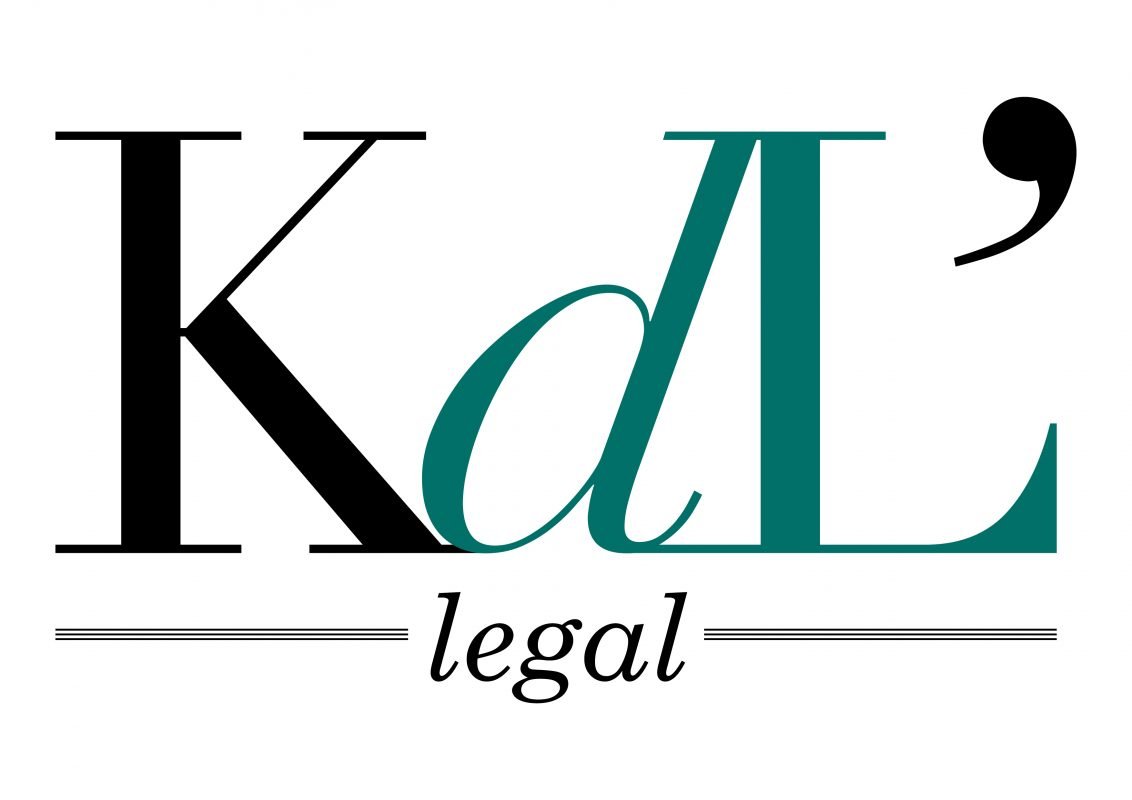No products in the cart.
Law
Employment Law During A Crisis – What can and should employers do when it comes to changes in employment conditions?
As we all know, end of March 2020, employers in Curaçao were confronted, just like many other employers worldwide, with the fact that they needed to close their business temporarily due to the government imposed measures related to the COVID-19 pandemic. Thus, employers knew they would not be generating income, while the (vast majority of their) costs would remain. We all have to sacrifice, was the message communicated by many, but did and does that also include the employees when it comes to their salary and other employment conditions?

The general rule of thumb is ‘no work, no pay’. However, there are exceptions to this rule, among which when the reason that the employee was not able to work is or should in all reasonableness be for the employer’s account. The fact that the employee could not work cannot be attributed to the employee, but on the other hand it cannot be attributed to the employer either. Normal business risks are always for the employer’s account including some exceptional business risks and force majeure events as well. It pretty much goes without saying that the COVID-19 pandemic and government imposed measures as a result thereof was not a normal business risk. But then the question arises whether this situation qualifies as an exceptional business risk or force majeure event that should be for the employer’s risk and account. Based on the limited case law available, I would answer this question affirmative. Consequently, the employer can be held to continue to pay the salary of its employees. There is much to be said for this, but as of yet, this is the legal system as it has to be applied.
So, the starting point is that the salaries of employees must continue to be paid. Businesses have opened again, but with the effects of the pandemic still very present, businesses are by far not operating at normal levels and it is expected to take some time before they will. Thus, can a lower salary be paid to the employees and/or can other employment conditions be reduced, so that employers can hopefully bridge the gap? The employment conditions of an employee are based on the agreement that was reached between the employer and the employee. An agreement can, in principle, not be amended unilaterally.
In its landmark ruling Stoof/Mammoet in 2008, the Supreme Court of The Netherlands (hereafter: the Supreme Court) determined criteria when it can be expected from an employee to cooperate with a change in the existing employment conditions. The Supreme Court ruled that the following criteria have to be met: (i) are there changed circumstances on the work floor; (ii) do these changes justify proposing changes in the employment conditions; (iii) is the offer made by the employer, acting as a good employer, reasonable; (iv) if the employee refuses the offer, can this be considered unacceptable according to the principle of reasonableness and fairness. The Supreme Court ruled that the main focus should not only be on the question what can be expected from the employee. First and foremost, the employer’s position when making the offer (for the change in the employment conditions) should be looked at critically. When determining whether the employer’s offer is reasonable, all facts and circumstances should be taken into account and weighed against each other. Such relevant facts and circumstances are, for example, the content and extent of the offer, the employer’s interests in respect of the offer, the position of the employee, and the interest of the employee in maintaining the current employment conditions.
During the lockdown when businesses were closed, employers would often ask to give them a rule of thumb of what is acceptable, for example, a percentage of reduction in salary that would be acceptable. However, since in each case the relevant facts and circumstances are different, the outcome for each case is or can be different, which means there is no rule of thumb. It will depend on all the specific facts and circumstances of the employer(‘s business) and the employees, along with the above mentioned criteria, that will determine whether the offer in question is reasonable, as a result of which the employee can in all reasonableness be held to accept it.
The only similar situation, not local but interregional, was Hurricane Irma. Case law relating to Hurricane Irma and the question whether the employer was required to continue paying the salary of the employees and whether the employment conditions could be amended unilaterally shows a few things. First, that the employers were required to continue to pay the salary of the employees. Second, that the Stoof/Mammoet criteria was applied. Based thereon the following general conclusions can be drawn when it comes to amending the employment conditions. The damages caused by the hurricane gave the employer cause to make an offer to amend the employment conditions. Thus, it can be assumed the same applies to the COVID-19 pandemic. Further, the employer should be very transparent about its financial situation, what measures it has taken to reduce costs to safeguard the business, whether the employer will receive any funding and what the prognosis is for the future. Finally, it can be concluded from this case law, without intending to create a rule of thumb, that a reduction of more than 25% was generally considered unreasonable.
In the meantime, the first COVID-19 judgment on this topic has been rendered in Curaçao and a few have been rendered so far in The Netherlands. In the Curaçao case, following the lockdown the employer (a restaurant business) proposed two options to its employees: accept a zero-hours contract instead of the existing contract or become subject to termination proceedings. One of the employees did not agree to either, following which the employer ceased to continue paying the salary of the employee. The employee subsequently commenced summary proceedings and requested the court to order the employer (among others) to continue to pay the salary in full as of the date that the employer ceased salary payments, including interest. The court also applied the Stoof/Mammoet criteria and ruled that there was cause to make an offer to amend the employment conditions of the employee, but that the employer’s offer was not reasonable in this case. The court ruled that, considering the extent of the offer, the employer should have given insight into why this offer, considering all relevant facts and circumstances, was reasonable, which it failed to do. Simply stating that the restaurant is closed and therefore not generating any income, is not sufficient. The few cases in The Netherlands so far also show that the bar is set very high for employers before they can proceed with reducing the employment conditions of employees (if at all).
In conclusion, the employer can be held to pay the salary of its employees during this crisis. However, this crisis does justify making an offer to employees to reduce employment conditions, provided the financial situation of the employer requires this and provided that the employer can substantiate this. It is strongly advised to make the offer in writing, and to specify the extent and proposed duration of the measures. Possibilities that could aid in making the offer reasonable are gradually reducing employment conditions instead of all at once, reduce secondary employment conditions as much as possible instead of primary employment conditions (such as salary) and offer to repay what is reduced if and when possible. Ultimately, the courts will determine whether the employer’s decision to continue or discontinue the salary payment or reduce employment conditions was reasonable (and thus allowed) or not (should their decision be challenged in court proceedings).
KDL Legal is specialized in employment law and general corporate law. KDL Legal mainly represents corporations active locally and interregional as well as individual professionals. For more information on this topic or legal advice, please reach out using the contact below:
Kimberley de l’Isle, Attorney at Law
Partner | KDL Legal
delisle@kdl-legal.com
T +5999 8434300
M +5999 6704300



